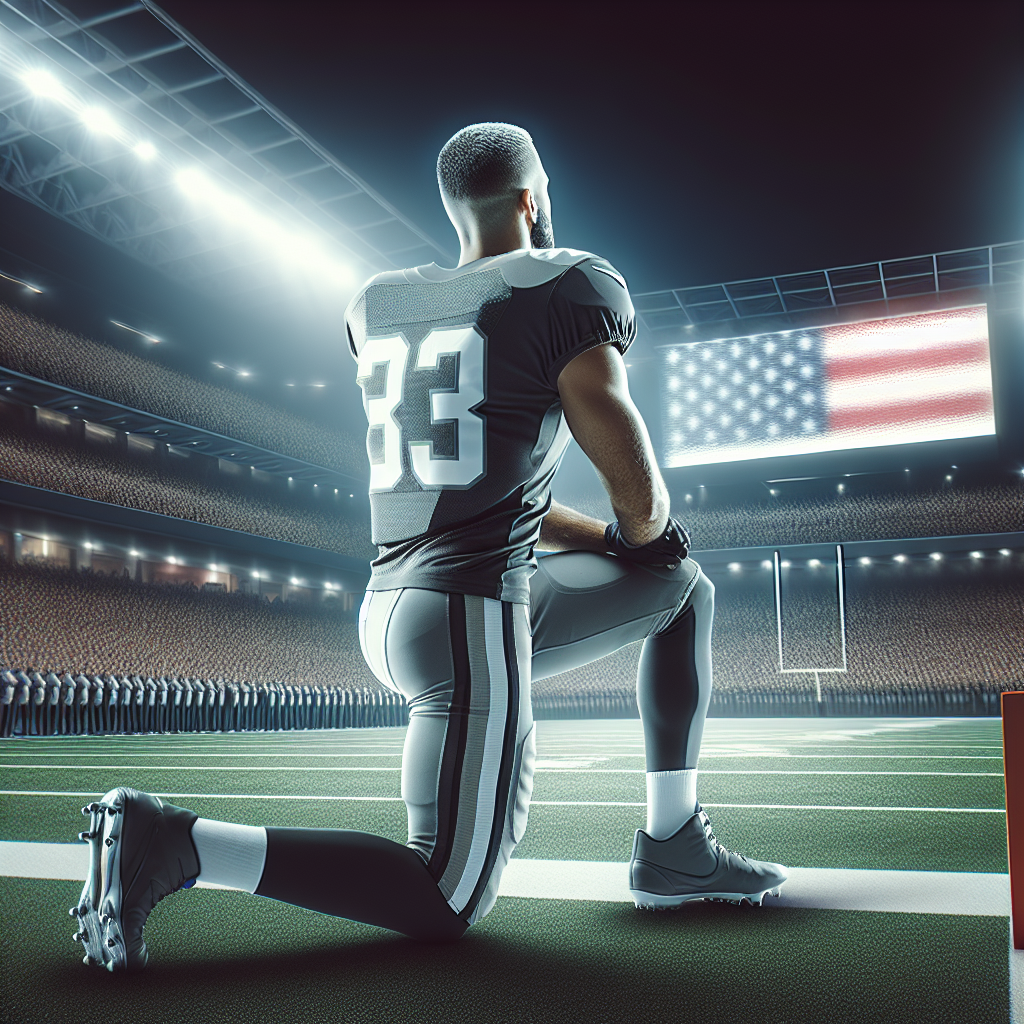When it comes to athletics, the only battle is often viewed on the playing field. But now, a different kind of struggle is taking center stage – a fight not against rival teams but in aid of social justice.
Industry Overview
The world of sports has been intertwined with societal debates and changes since time immemorial. From racial equality to LGBTQ+ rights, athletes’ influence extends far beyond their professional charts.

Current Trends
An unprecedented wave of activism has washed over sports globally; players are speaking out about systemic injustices more than ever before. ‘Taking a knee’, once an isolated incident tied to Colin Kaepernick’s protest against police brutality, is now standard practice across fields and courts worldwide.Key PlayersIn the NBA, LeBron James leads initiatives like ‘More Than A Vote’ to combat voter suppression. Naomi Osaka uses her tennis platform to honour Black victims of violence. These key players prove that they have much more than physical prowess; they possess voice and conviction.Creative ProcessMobilising such movements involves both courage and coordination: from wearing symbolic attire or changing jersey numbers to crafting compelling speeches – every act requires inventiveness under immense spotlight pressure.
Industry Challenges
A significant challenge remains: ensuring that this momentum isn’t temporary. The struggle for equality is far from over; it requires continuous attention and action.

Future DirectionsAs these movements influence sports policy and actions, they also shape future directions – encouraging next-generation players to stand up for what they believe in.
Cultural ImpactThis new era isn’t just redefining the sports industry but is also leaving an indelible mark on our collective cultural psyche – setting precedents for how we view role models.What’s Next?–
